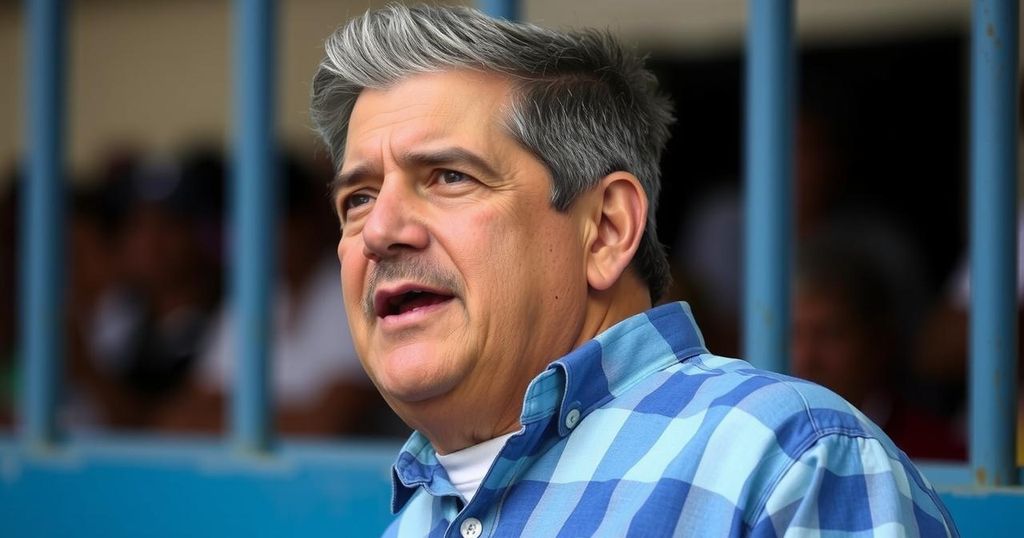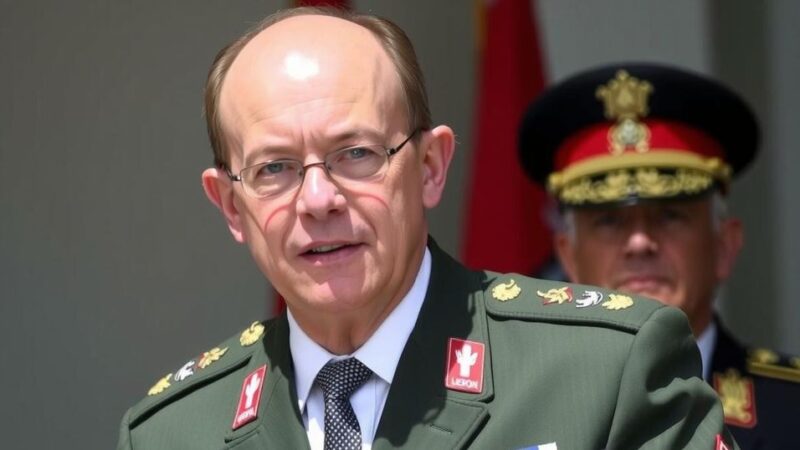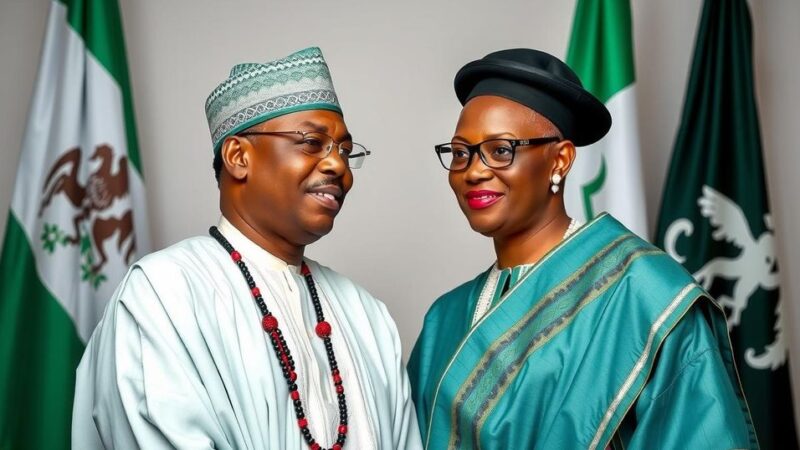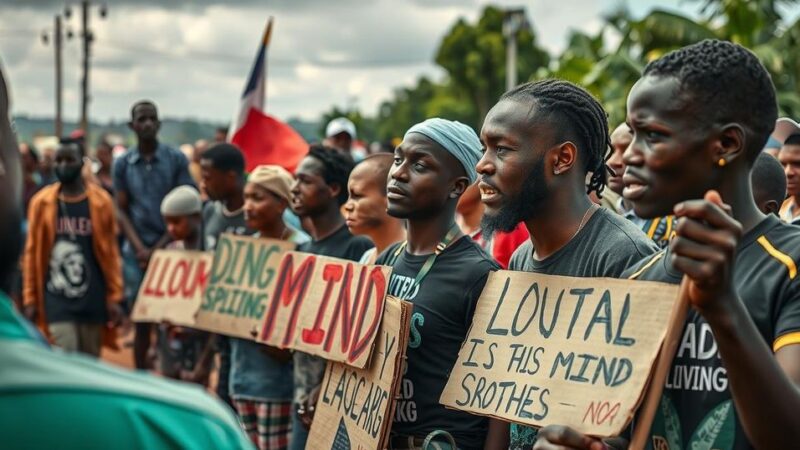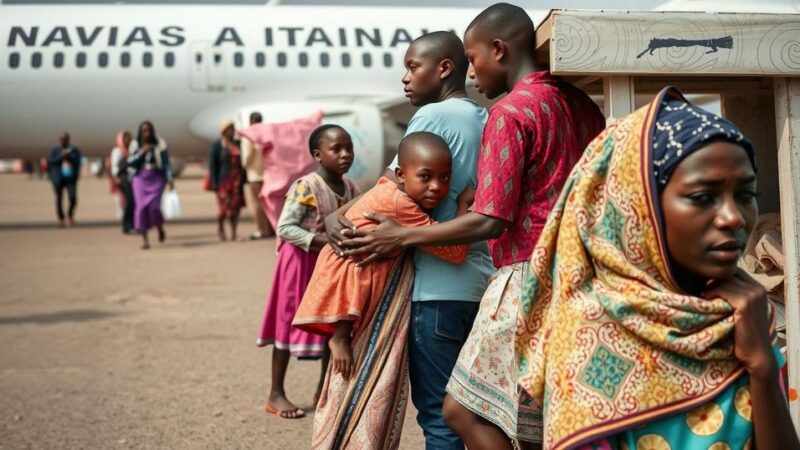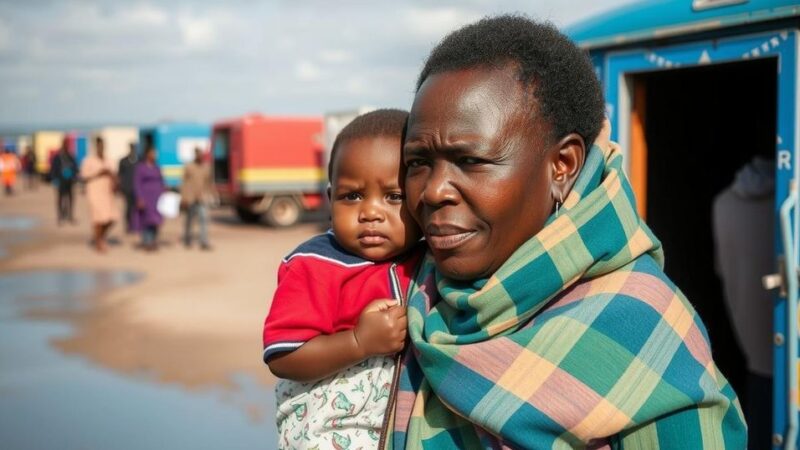The IACHR’s report details extensive human rights violations in Venezuela following the July 2024 presidential election. It outlines government strategies to suppress opposition and manipulate electoral processes, including arbitrary detentions and disputed results. The report highlights protests against alleged fraud leading to state violence and arrests, framing these abuses within Venezuela’s ongoing crisis under President Maduro’s authoritarian rule.
The Inter-American Commission on Human Rights (IACHR) recently released a comprehensive report shedding light on significant human rights violations in Venezuela following the presidential election held on July 28, 2024. This document highlights a systematic approach by the Venezuelan government to suppress dissent and manipulate the electoral process. In the lead-up to the elections, the government engaged in arbitrary detentions and undermined electoral institutions, obstructing opposition voices and eroding the integrity of the electoral system.
On election day, irregularities surfaced as the government suspended results broadcasts and withheld voting records, prompting allegations of electoral fraud. Independent observers reported substantial discrepancies between official results and the opposition’s tallies, casting doubt on the credibility of the electoral process. Following the elections, widespread protests erupted in response, leading to heavy-handed crackdowns by security forces, which resulted in approximately 300 instances of state violence, numerous fatalities, and thousands of arbitrary detentions.
This report is set against a backdrop of economic decline, social unrest, and authoritarian rule under President Nicolás Maduro, who has faced accusations of electoral manipulation since assuming power in 2013. The July elections were particularly controversial, with Maduro’s government declaring him victorious with 52 percent of the vote, despite widespread claims of fraud and systemic irregularities. Additionally, leading opposition figure Edmundo González was barred from candidacy, with claims of significant opposition support for his candidacy.
In the wake of the election results, the government’s response was marked by extensive detentions, with 2,000 individuals arrested and disturbing reports of torture and extrajudicial killings arising during the repression of protests. The IACHR’s findings not only document these human rights violations but also place them within the larger context of Venezuela’s struggle for democracy amid severe socio-economic challenges. As Maduro prepares for his third inauguration on January 10, 2025, there is an increasing call for international intervention and support to uphold democratic processes in the country.
The IACHR report emerges from a complex and tumultuous political landscape in Venezuela, characterized by years of economic decline and authoritarian governance under President Nicolás Maduro. Since taking office in 2013, Maduro’s administration has faced severe criticism for rampant inflation, widespread food shortages, and a humanitarian crisis that has caused approximately 8 million citizens to flee the nation. The political environment has become increasingly contentious, particularly surrounding elections, and allegations of governmental manipulation have intensified, notably during the July 2024 presidential election.
In conclusion, the IACHR report critically outlines the human rights violations and electoral irregularities that have marred the recent Venezuelan elections. Grimly depicting the state’s brutal repression against dissent reveals a troubling lapse in democracy. As the nation grapples with socioeconomic crises under Maduro’s regime, there are mounting calls for international support to safeguard human rights and reestablish democratic processes in Venezuela.
Original Source: www.jurist.org

